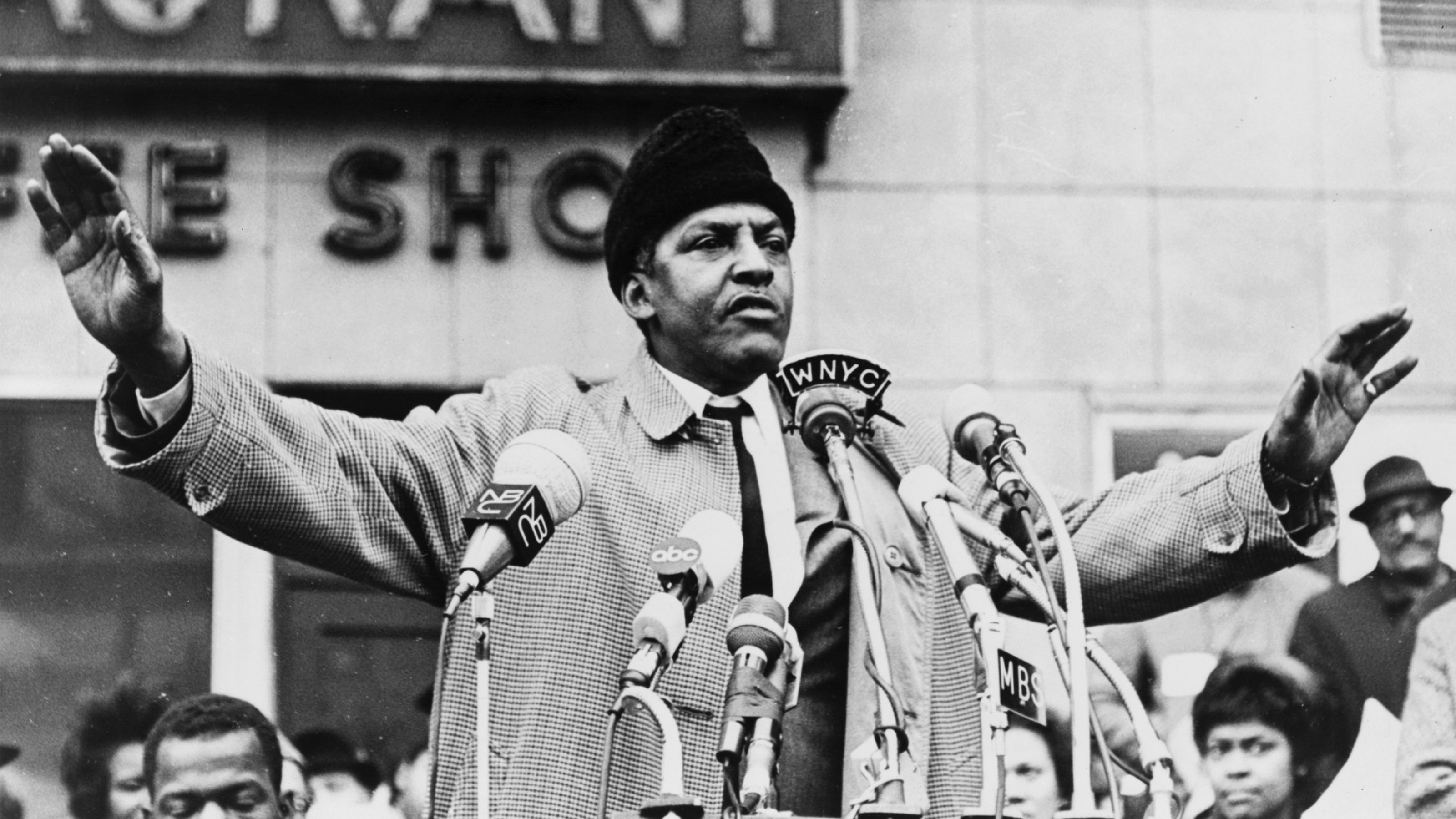The Time Has Come to End Workplace Discrimination

Although federal law prohibits discrimination in the workplace on the basis of race, national origin, age, sex, and disability, there are no federal laws protecting people from discrimination on the basis of sexual orientation. In 2007, a proposed Employment Non-Discrimination Act passed the House by a comfortable margin, but the Senate never took up the bill. President Bush seemed certain to veto it in any case.
Now Rep. Barney Frank (D-MA), who is openly gay himself, is taking up the issue again. Frank’s new bill would go even further than the 2007 bill insofar it would also protect people from being discriminated on the basis of gender identity as well. It would, in other words, prevent employers from discriminating against transgender people as well as against gays, lesbians, and bisexuals. The LGBT—lesbian, gay, bisexual, and transgender—community has been frustrated with President Obama’s failure to keep his promise to repeal the military’s “Don’t Ask, Don’t Tell” policy, as well as his generally lukewarm support for gay rights. But the bill has the support of House Majority Leader Nancy Pelosi (D-CA), even though she promised not to confront vulnerable Democrats with political difficult votes after the passage of health care reform. And its supporters hope the Democratic majorities in Congress and the President’s support for the bill will be enough to get it passed this time around.
Democrats, however, are already feeling the pressure to position themselves for the fall election. The Hill reports that centrist Democrats and Republicans who supported the 2007 bill are particularly worried about the provision that would include transgender people. Mara Keisling, the executive director of the National Center for Transgender Equality, dismisses their concerns, arguing that no one is likely to actually lose their seat for supporting Frank’s bill. But with the Democrats facing tough races in the fall and Republicans under pressure from their conservative base, some members of Congress aren’t so sure. “It’s a very touchy issue to most Americans,” Rep. Jim Gerlach (R-PA) told The Hill.
Of course, the fact that the Democrats are looking at losing a lot of seats in the fall also means that if the bill doesn’t pass now, it might be a while before it does. Many Americans clearly aren’t comfortable with sexual minorities. But the truth is that their gender identity notwithstanding transgender people are human beings like the rest of us, and deserve as much chance to practice their profession as any of us. It is not much to ask, considering that letting them work hurts no one. As Frank said, after then Rep. John Hostettler (R-IN) ran an ad attacking him and Pelosi for their supposedly radical “homosexual agenda,” “I do not think that any self-respecting radical in history would have considered advocating people’s rights to get married, join the Army, and earn a living as a terribly inspiring revolutionary platform.”





